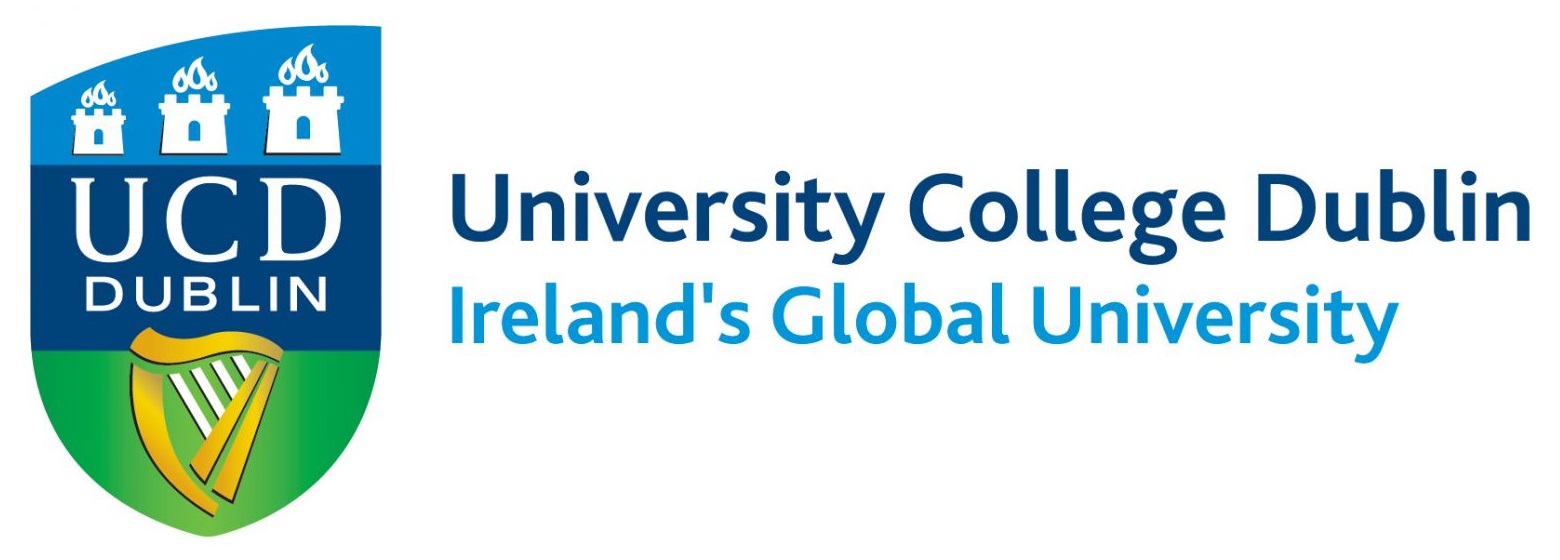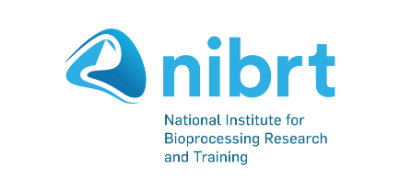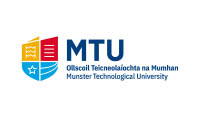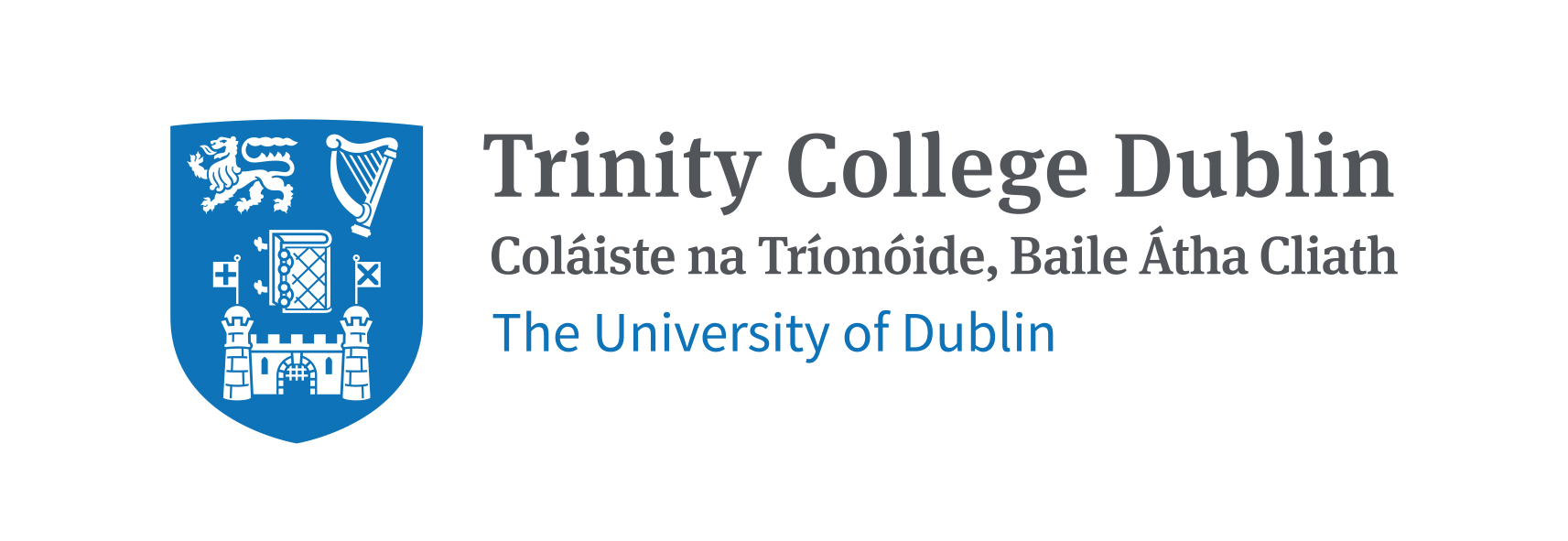APC News
Anti-Microbial Resistance
Anti-Microbial Resistance
Mobilising The Microbiome

Prof Fergus Shanahan, Director APC Microbiome Ireland, Prof Helen Whelton, Head of College of Medicine & Health, UCC and Prof Martin Cormican, NUIG and National Clinical Lead for HCAI & AMR
Resistance to antibiotics (antimicrobial resistance; AMR) is a global health threat and poses serious challenges for Irish and other national health systems. However, solutions are emerging. APC Microbiome Ireland, is at the forefront of research using bacteria and viruses found in our gut (the microbiome) to treat serious infections. International researchers gathered in Cork earlier this year to discuss the latest developments, particularly those focusing on mobilising the microbiome.
Each year more than 700,000 people across the world die from infections that are resistant to current antibiotics, and by 2050 drug-resistant infections will take an estimated 10 million lives per year. The economic cost of lost global production caused by antimicrobial resistance will amount to approximately $100 trillion between now and 2050 if it is not tackled. Ireland has a relatively high rate of antimicrobial resistance in human health compared to most European countries, and ranks above the EU average for consumption of antibiotics in the community.
“Broad spectrum antibiotics, which target a broad range of bacterial species, cause collateral damage to the gut microbiome, which is so important to health, and also generate resistance in non-target species with implications for human health” said Colin Hill, APC Microbiome Ireland, UCC. “We are at the forefront of research mining the human microbiome to develop new narrow spectrum antimicrobials that only kill the target species. These will limit resistance in non-target species and the resulting damage to human health. We are also developing live therapeutic bacteria, bacteriophages (viruses which kill bacteria) and faecal microbiota transplants as alternative therapeutics to antibiotics.”
Graham Rook, University College London, pointed out the importance of hygiene as an effective anti-microbial strategy and contrary to the so-called ‘hygiene hypothesis’ he showed that ancestral microbes or ‘old friends’ are necessary for training and development of the human immune system.
“The public health message on antibiotics needs to be refined. In addition to minimising unnecessary and inappropriate use, the public needs to know that broad spectrum antibiotics damage beneficial as well as harmful bacteria. Moreover, mobilising the microbiome will have a central role in future strategies against infections” said Fergus Shanahan, Director of APC Microbiome Ireland, and Chief Clinical Director of the HSE South/Southwest Hospital Group.








